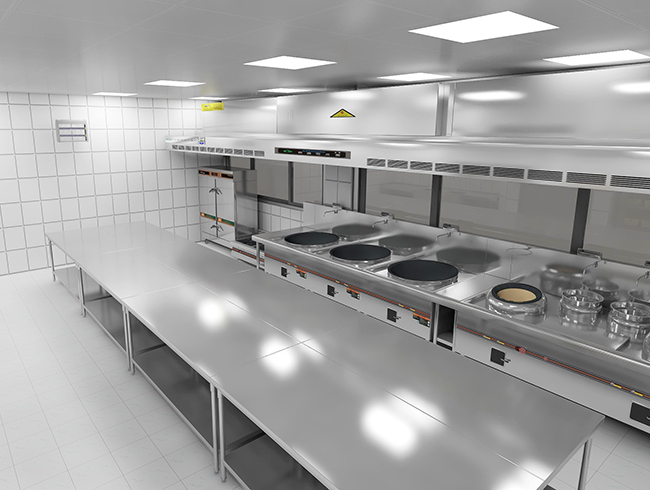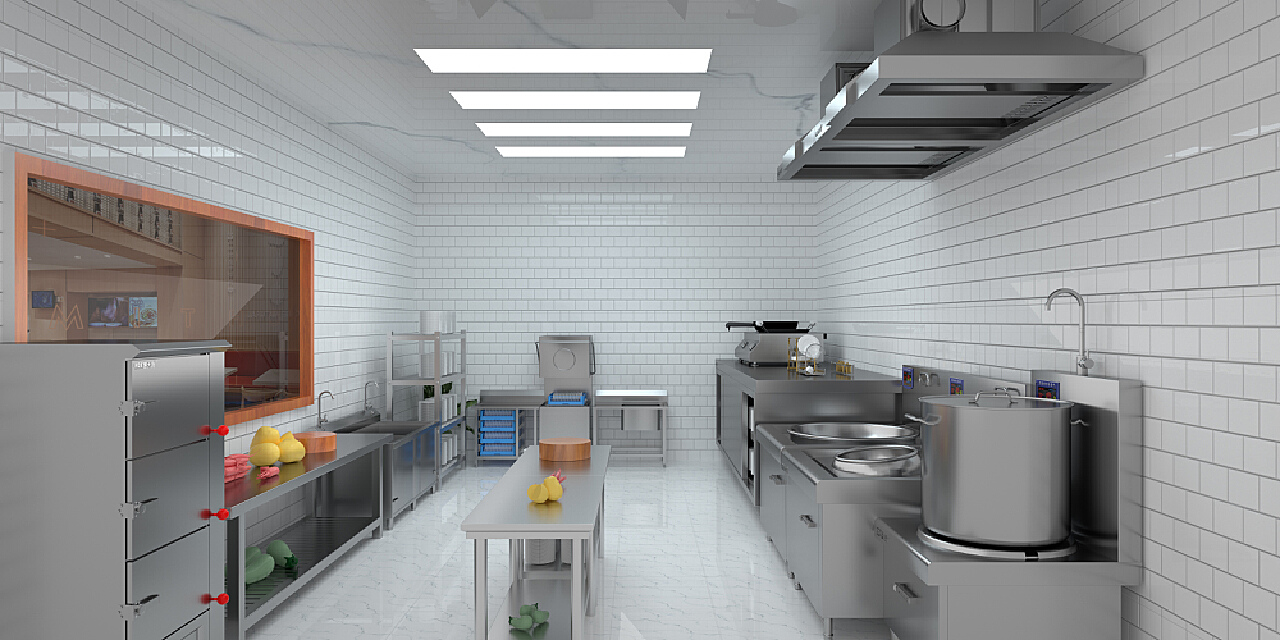Last news we talked about when choosing Commercial kitchenware equipment, electricity and gas are the two main energy options.
Step 2: Weaknesses
Temperature control is not as accurate as electricity: Although the heat of gas equipment is strong, the temperature control is not as accurate as electric equipment. This can lead to inconsistent cooking results in some cooking processes that require a stable temperature.
Cleaning and hygiene challenges: A certain amount of smoke and residue is generated during the gas combustion process, which increases the difficulty of cleaning the kitchen, and may also have higher requirements for exhaust and ventilation systems.
Safety hazards: Gas equipment needs to pay special attention to safety issues, gas leakage, fire and other risks are relatively higher. Kitchen operators need to regularly maintain gas lines and valves to prevent accidents.
High initial installation cost: For kitchens without gas pipelines, the cost of laying gas pipelines and related facilities is high, especially in some cities or high-rise buildings, the initial investment in installing and maintaining gas equipment is large.
3. Cost-performance analysis
In the comparison of cost performance, the following factors need to be considered:
Initial investment: The initial installation cost of gas equipment is usually higher than that of electric equipment, especially if there is no ready-made gas pipeline. However, the high energy consumption of electrical equipment during long-term operation may increase the total cost.
Long-term operating costs: The operating costs of gas are generally lower than those of electricity, especially in kitchens with large energy consumption. If the restaurant operation is larger and has been in operation for a long time, the cost performance of the gas equipment is usually higher.
Kitchen layout and infrastructure: If the kitchen already has a complete gas piping system, it is undoubtedly more economical to choose gas equipment. For power equipment, it may be necessary to consider whether the kitchen has enough power carrying capacity and whether it needs to increase the investment in power equipment.
Equipment maintenance: Electrical equipment may be more economical to maintain because there is no risk of gas leaks and there are no complex gas lines and valves to maintain. Gas equipment requires regular inspection and maintenance of the gas system, which increases maintenance costs.
4. Conclusion
In general, the choice of electricity or gas depends on the specific restaurant needs. If the restaurant focuses on cooking precision, hygiene and safety, and does not care about slightly higher energy costs, electric equipment is a good choice; For restaurants that need to serve meals quickly, produce large volumes and focus on operating costs, gas equipment may be a more cost-effective option.
Learn more Commercial kitchenware
Commercial kitchenware|commercial oven|Oven|combi oven|combination stove|Dough proofer|commercial Western food kitchenware
Article from the Internet










